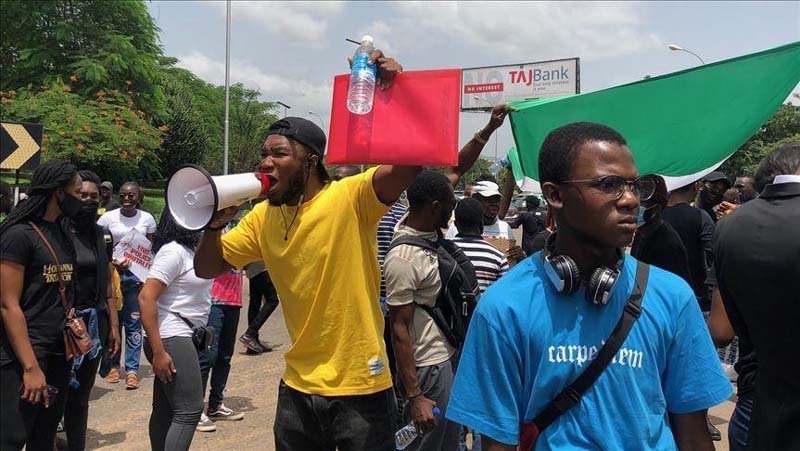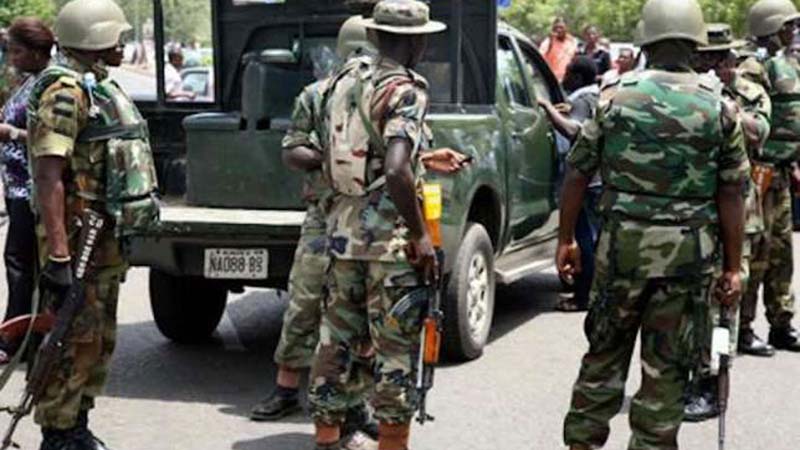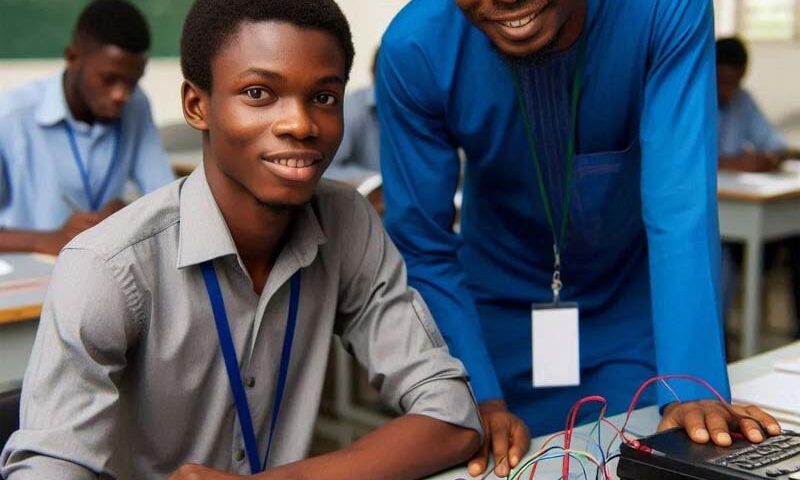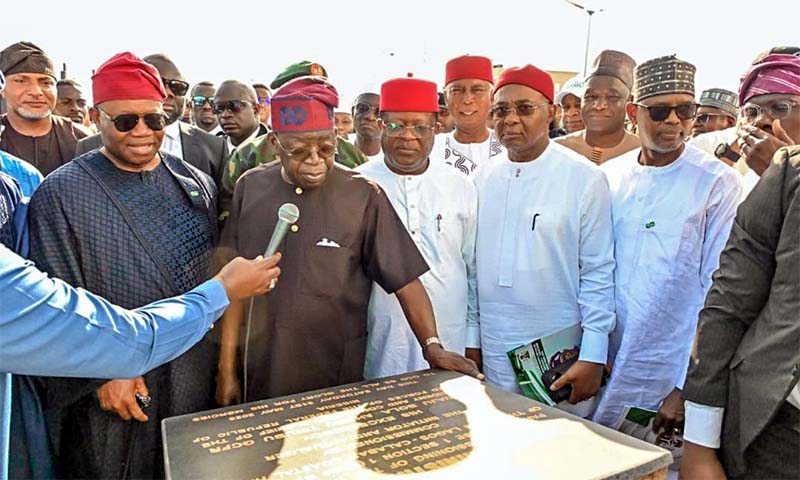“It’s not uncommon to see a jobless, hungry young man chanting campaign slogans or fighting online battles in support of a political figure whose policies—or lack thereof—have plunged him into poverty. This contradiction raises a troubling question”
In a nation where unemployment is high, opportunities scarce, and daily survival a struggle, one would expect the youth to rise in protest against the forces responsible for their hardship. But in Nigeria, a disturbing paradox has taken root: the poorest, most disenfranchised youths are often the fiercest defenders of the very politicians who have failed them.
It’s not uncommon to see a jobless, hungry young man chanting campaign slogans or fighting online battles in support of a political figure whose policies—or lack thereof—have plunged him into poverty. This contradiction raises a troubling question: why do Nigerian youths defend the same leaders who are responsible for their suffering?
The answer lies in a complex web of poverty, ignorance, tribalism, and desperation. In many cases, these youths are not truly loyal—they are trapped. With no access to jobs or education, they become vulnerable to exploitation. Politicians capitalize on this, offering short-term handouts in exchange for long-term submission. A few thousand naira, a bag of rice, or a campaign shirt is all it takes to buy allegiance.
This system of transactional loyalty thrives in an environment where civic education is weak and many do not understand how government policies affect their daily lives. Without that awareness, it’s easy to believe that politics is about personalities, not performance. The result? Failed leaders are praised, and corruption is excused if the politician belongs to the right ethnic or religious group.
Ethnic loyalty remains a powerful force in Nigerian politics. Often, politicians are defended not based on their achievements but on where they come from or what faith they practice. Criticizing a politician from “your side” is seen as betrayal, even if the criticism is valid. This mindset is deeply dangerous. It blinds citizens to incompetence and turns elections into ethnic contests rather than democratic choices.
The youth, caught in this web of identity politics, are weaponized by the elite. They are used to silence dissent, intimidate opposition, and justify failure. Social media has become a battleground where political narratives are shaped not by facts, but by fanatical loyalty.
At the heart of this tragedy is the Nigerian youth’s desperate hope for change. Many still believe that “maybe this time, he’ll be different.” Politicians are masters of promises. Even when they fail repeatedly, they know that in a nation where people are starved of leadership, a few emotional words can rekindle false hope.
Hope, in its true form, is powerful. But when hijacked by manipulative leaders, it becomes a tool of oppression. Youths cling to illusions while their real power—to demand accountability—is squandered.
Globally, political manipulation of the poor is not unique to Nigeria. We’ve seen similar patterns in Latin America, parts of Asia, and even in advanced democracies. However, Nigeria’s case is uniquely severe due to the depth of poverty, scale of corruption, and lack of social mobility.
The normalization of political thuggery and blind loyalty has entrenched a culture where failure is rewarded and accountability is optional. Until this changes, Nigeria’s development will remain stunted.
The High Cost of Blind Loyalty
When youths defend failed politicians, everyone pays the price.
Innovation is stifled.
Violence is encouraged.
Institutions decay.
National progress stalls.
Nigeria cannot afford another generation lost to political ignorance. The future depends on the ability of young people to see beyond tribe, religion, or temporary gain.
To reverse this trend, several steps must be taken:
Civic Education: Schools, media, and religious leaders must actively teach political awareness.
Youth Empowerment: Governments and NGOs must focus on job creation, skill development, and entrepreneurship.
Media Responsibility: Platforms must challenge political misinformation and highlight facts over propaganda.
Independent Youth Movements: Youths must organize around issues, not individuals, and hold all leaders to the same standard.
Nigeria’s youth are not just victims—they are powerful agents of change. But that power must be directed toward demanding better governance, not defending failure. The choice is clear: continue to be pawns in the hands of failed politicians, or rise to become leaders of a new, just Nigeria.
As the saying goes, “The youth who sings for crumbs today will remain hungry tomorrow.” It’s time to break the cycle.
— Noel Chiagorom
Author bio: Noel Chiagorom is a Nigerian writer and social commentator focused on politics, youth development, and governance.






